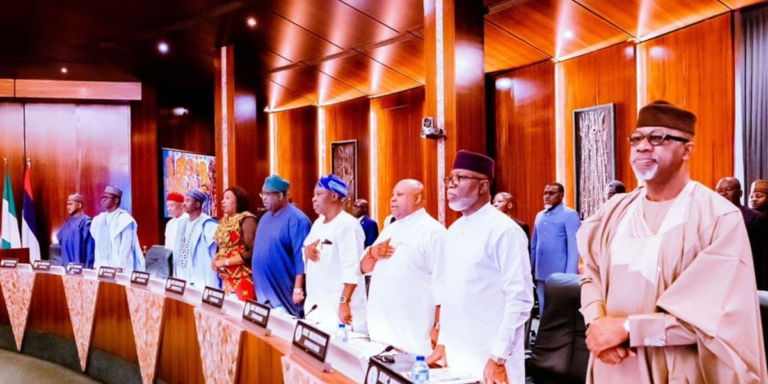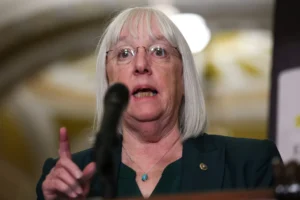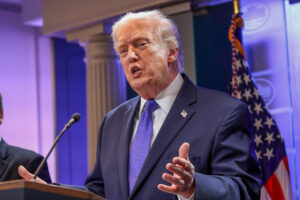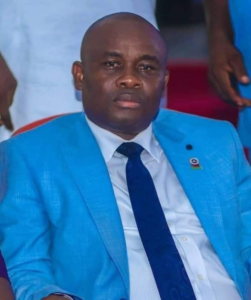The National Economic Council (NEC) has urged President Bola Tinubu to withdraw the current tax reform bills from the National Assembly to facilitate further consultations. This recommendation came following a meeting on Thursday, where members expressed the need for consensus-building regarding the proposed legislation.
Oyo State Governor Seyi Makinde, speaking to reporters afterward, highlighted that the NEC had received a presentation from the Chairman of the Presidential Committee on Fiscal Policy and Tax Reforms, focusing on fair taxation, responsible borrowing, and sustainable spending. The council recognized Nigeria’s underperformance in key revenue indicators, including the tax-to-GDP ratio.
“After extensive deliberation, NEC noted the necessity for alignment among stakeholders concerning the proposed reforms,” Makinde stated. He emphasized the importance of ensuring that citizens understand the vision behind the tax reforms, citing issues of miscommunication and misinformation. Consequently, the NEC recommended that the bill be withdrawn from the National Assembly to allow for broader consultations and to build consensus for the benefit of the entire country.
President Tinubu had initially submitted four tax reform bills to the National Assembly on October 3, including the Nigeria Tax Bill, the Tax Administration Bill, and the Joint Revenue Board Establishment Bill.
In response to the proposed legislation, the Northern States Governors Forum (NSGF) voiced collective opposition, urging the National Assembly to reject any bills that could harm the interests of the northern region. Following a joint meeting with the Northern Traditional Rulers Council in Kaduna on October 28, the governors called for equitable implementation of national policies to prevent regional marginalization.
The presidency reassured the Northern governors that the proposed tax laws would not introduce additional taxes. Bayo Onanuga, the Special Adviser to the President on Information and Strategy, clarified that the reforms aim to enhance the lives of Nigerians by optimizing existing tax frameworks and reducing inefficiencies. He noted that the current tax administration suffers from a lack of coordination among federal, state, and local tax authorities, leading to confusion and overlapping responsibilities.



























